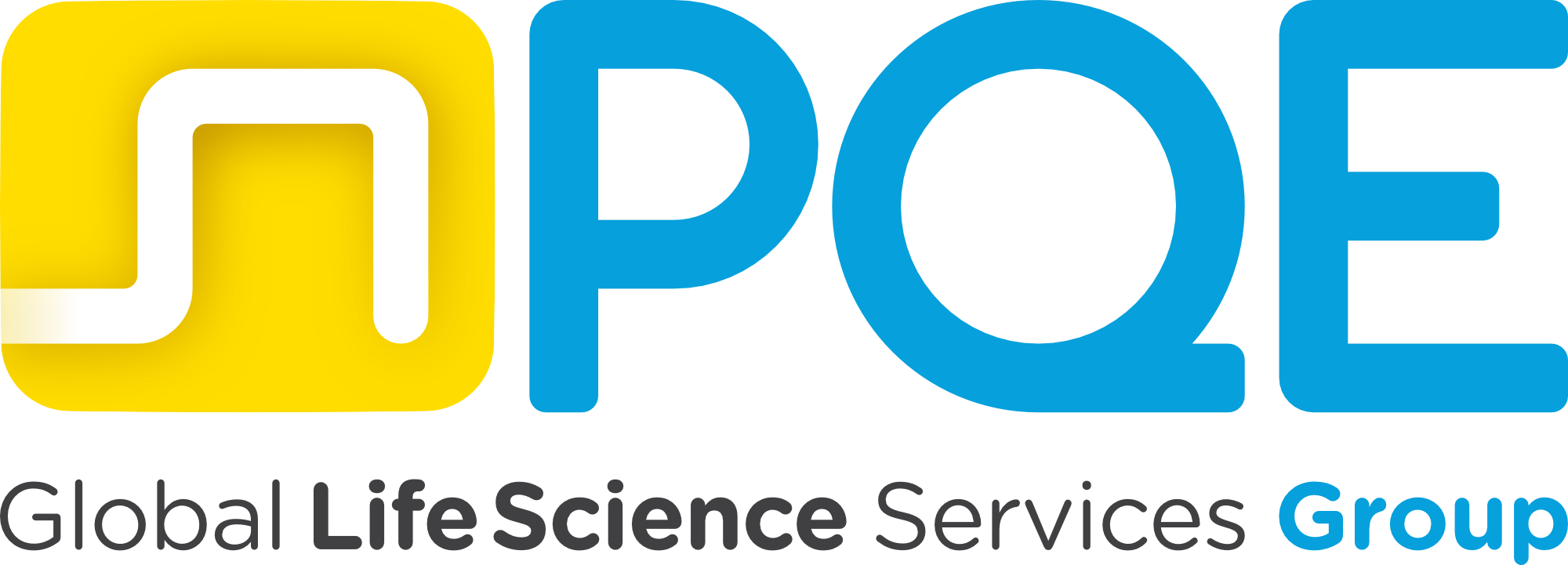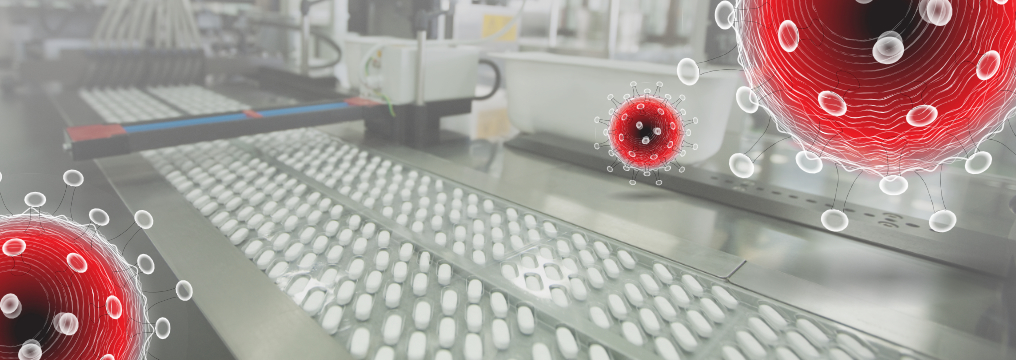PQE Group staff comprises experienced and skilled experts that can support you in the goal for compliance with the new arriving Annex 1, in every aspect of your aseptic manufacturing: sterility assurance strategies, quality compliance, microbial monitoring, cleanroom design and revamping, equipment qualification, critical system validation, analytical methods selection and validation, and many others.
Check out Compliance Services, and contact our team to request a meeting with our experts.
Connect with us Quality Compliance Page





